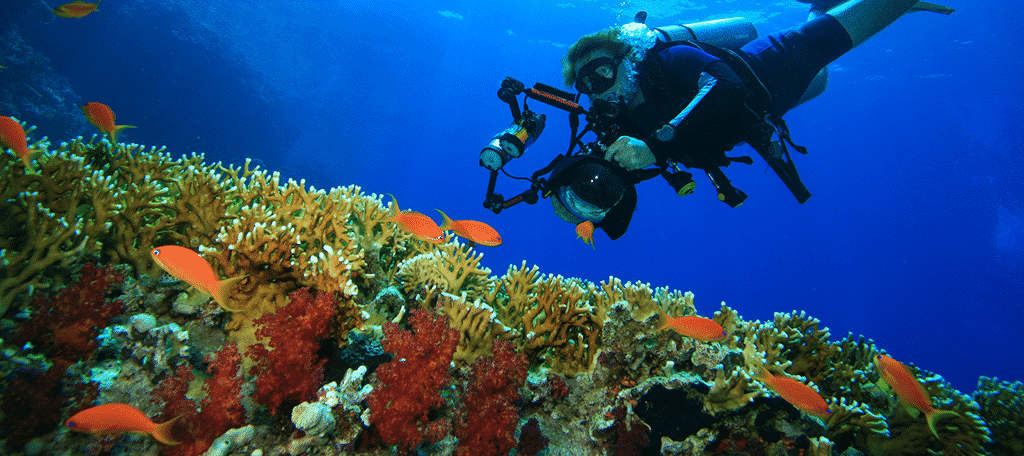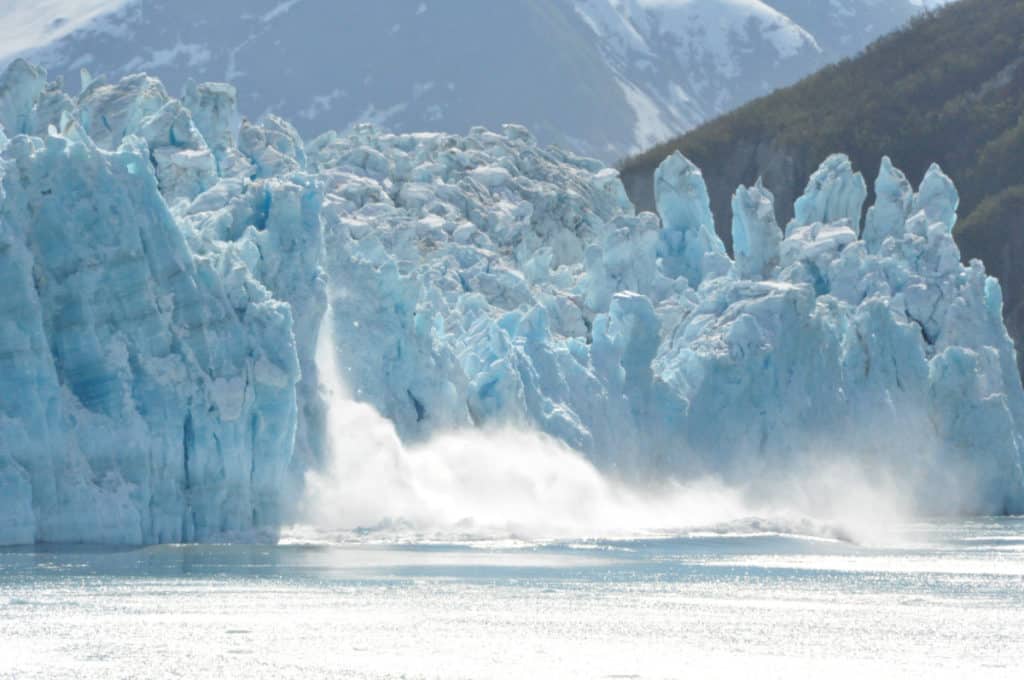According to new research by the University of Hawaii Manoa, almost all of the planet’s coral reef habitats will be destroyed by 2100. In fact, in just the next 20 years, 70-90% of all coral reefs will die, so you won’t have to wait long.
The two key factors in this extinction are the rising ocean temperatures from climate change and acidic water from pollution. Simply look at what happened to the great barrier reef earlier this year, where 50% of it experienced coral bleaching.
The writing is on the walls, and it may already be too late to reverse this change.
Restoration Is Unlikely
There is quite a lot of research being done to grow coral reefs in a laboratory setting. And just this year, the Florida Aquarium in Tampa was able to successfully reproduce Atlantic coral.
While this has the potential to save them if conditions do not worsen, it is unlikely that is the case. In reality, we are on the cusp of non-reversible damage from climate change, and the ocean’s are simply too hot for their survival.
They are extremely sensitive to water temperature. Unless the ocean temperatures fall, restoration is not likely.
The Loss Of Coral Reefs Will Be Impactful

Coral reefs are very important to the planet, and losing them will be devastating.
For starters, they are home to millions of fish and have become a safe haven for biodiversity in the ocean. They provide food and shelter for thousands of fish species.
When major storms like hurricanes threaten coastal regions, reefs lessen the impact significantly by absorbing some of the power. think of them as a natural sea barricade.
Remember how fish depend on coral reefs for food? Over a billion people depend on those fish as their main food source. Their loss will have serious impacts on human diets.
It’s no secret that tourism is a big moneymaker for many coastal regions. However, did you know that coral reefs attract 9.6 billion dollars in tourism each year?
Coral reefs will be a significant loss to the planet, and the worst part is knowing that it was completely preventable.


